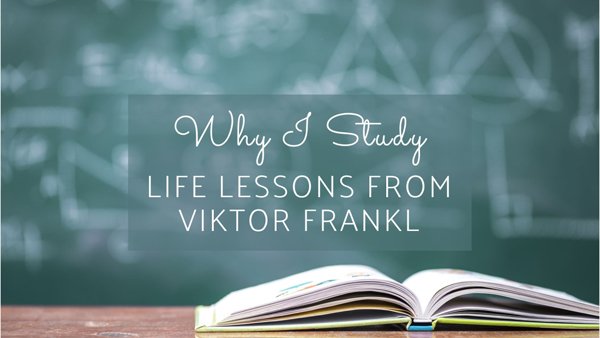It’s a bit embarrassing to admit, but one of the most influential quotes in my life came from a football commentator.
Mark Schlereth has never been one of my favorite football players (I’m not a Denver Broncos fan… at all…), celebrities, or commentators. Yet, over a decade ago, as I was driving my car between cities on tour, he said something so important that it eventually inspired me to leave full-time music, pursue my Master’s degree, and commit to being a lifelong learner.
This morning, I discovered where that quote may have originated.
I recently finished Jared Diamond’s book, Guns, Germs, and Steel: The Fates of Human Societies, and have been reflecting on the histories and “facts” that society—and the world—often takes for granted. It’s fascinating how often people ask a question only to move on without waiting for (or researching for…) the answer. That tendency drives me nuts! (Is it because living naively is easier than digging in and learning?)
Feeling antsy to study something new after weeks of dissecting Diamond’s book, I moved to a classic: Viktor E. Frankl’s Man’s Search for Meaning. This book is not just about survival; it is an exploration of the human spirit and our quest for meaning, even in the face of suffering.
Frankl, a survivor of Nazi concentration camps, captured his philosophy of “logotherapy” and experience in just nine days. His central belief is that life is not defined by the pursuit of pleasure or power but by the pursuit of meaning.
He observed that meaning could be found through three key avenues:
- Work that feels significant.
- Love that inspires.
- Courage in the face of hardship.
Frankl argues that suffering itself does not destroy us—it is the absence of hope and purpose that does. His story challenges us to embrace our greatest freedom: the power to choose how we respond to life’s circumstances.
…And now… back to Mark Schlereth.
During one of his ESPN Radio rants, he said something that has stuck with me and my best friend, Spencer:
“There are two things in life you can control: your attitude and your work ethic.”
We’ve quoted this more than any other phrase I know. While I don’t know if it traces back to Frankl (I haven’t finished the book yet… I’m only in the foreward and preface!!), it’s certainly not from ESPN! (Duh nuh nuh… Duh nuh nuh…)
Frankl teaches that forces beyond our control can strip us of possessions, dignity, or even freedom. However, they cannot take away our ability to find purpose and rise above despair.
We may not control what happens to us, but we can control how we feel and what we do in response.
Frankl’s reflections on humanity—our capacity for destruction and redemption—are powerful reminders of the strength we hold within us. Even in a world marked by cruelty, he recounts extraordinary acts of faith.
Today, with overwhelming news about Ukraine, Russia, Israel, Hamas, elections, weather crisis, and famine dominating the headlines, Frankl’s message feels more relevant than ever.
We are never left with nothing as long as we retain the freedom to choose our response.
“Control the controllables; let go of the let-goables.”is my lighthearted way of remembering this truth.
Ultimately, I agree with both Frankl and Schlereth:
“There are only two things in life you can control: your attitude and your work ethic.”
To answer the question that sparked this reflection- I study because I need reminders like this—principles that ground me and refocus my perspective.
Today, this reminder will make my day lighter, even if practicing the art of letting go isn’t always easy.
For now, I will let that be enough.

